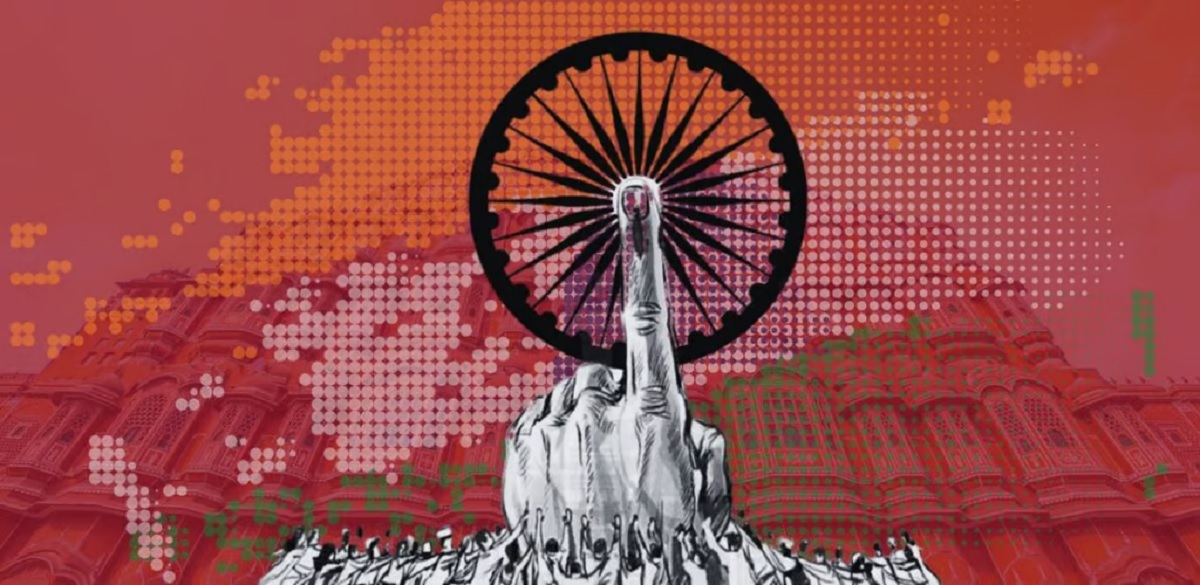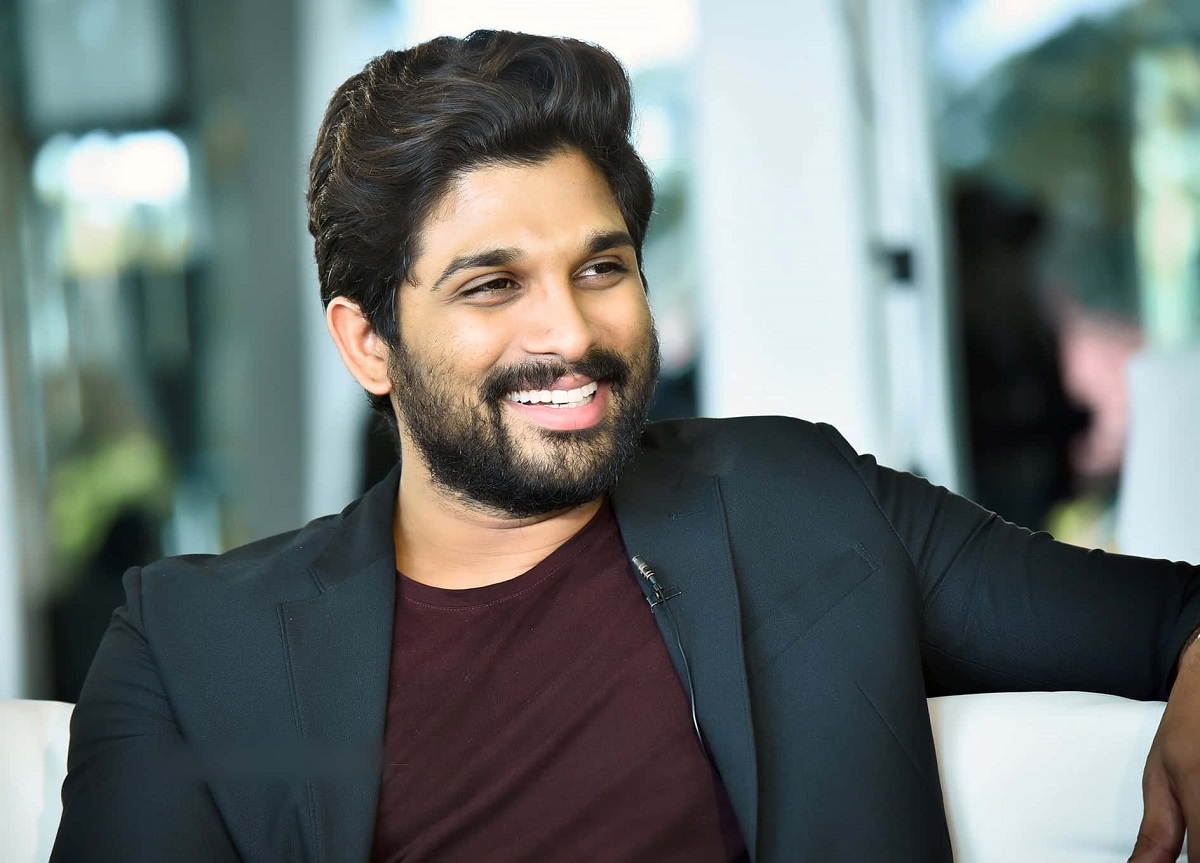New Delhi : The Union Cabinet has approved a bill regarding ‘One Nation One Election’. The Modi government may present this bill in the ongoing winter session of Parliament. The government might refer this important electoral reform to a Joint Parliamentary Committee (JPC) to gather suggestions from all political parties.
A report by a committee led by former President Ram Nath Kovind has proposed a new provision to include Article 82A(1), which suggests that the President will notify a date for the first meeting of the newly elected Lok Sabha after a general election. The proposal also includes Article 82A(2).
One Nation-One Election: Cabinet Approves Key Reforms
What is the Plan?
The biggest question is when this major reform will be implemented, and when will the Lok Sabha and Assembly elections be held together? Sources suggest that if the bill, passed by the central government, is approved in Parliament without any amendments, it is likely that the first simultaneous elections for both the Lok Sabha and State Assemblies could happen in 2034.
Date to Be Decided in Next Lok Sabha :
Sources also indicated that if the bill is passed without any changes, the “scheduled date” for the first meeting of the Lok Sabha elected in 2029 will be notified then. This is because the first meeting of the current Lok Sabha has already passed, and the next Lok Sabha’s full term will run until 2034.
ECI Will Need to Order EVMs :
Sources mention that this proposed timeline will be better for the Election Commission of India (ECI), which will be responsible for ensuring free and fair elections across the country. A senior ECI official noted that building political consensus and passing the bill in Parliament is just the beginning. The real work will begin after that. The Commission will need to order new Electronic Voting Machines (EVMs) for simultaneous elections, which will require significant time.
RELIANCE POWER के शेयर में उछाल; ANIL AMBANI का 2024 में शानदार प्रदर्शन
ECI Will Need Three Years for Preparation :
According to ECI officials, it will take approximately two and a half to three years to double the required number of EVMs for simultaneous elections. This is because procurement of EVM chips and other components will take seven to eight months. Companies like ECIL and BIL cannot produce such a large number in a short time. Therefore, realistically, the timeline is expected to stretch to three years.
Recommendations of Ram Nath Kovind for One Nation One Election :
Sources from the Election Commission have also mentioned that while the government may build political consensus and pass the bill by the end of 2025 or the beginning of 2026, it will be extremely difficult for the Commission to conduct elections under this framework by 2029. Rushed preparations could lead to major mistakes in the process.



